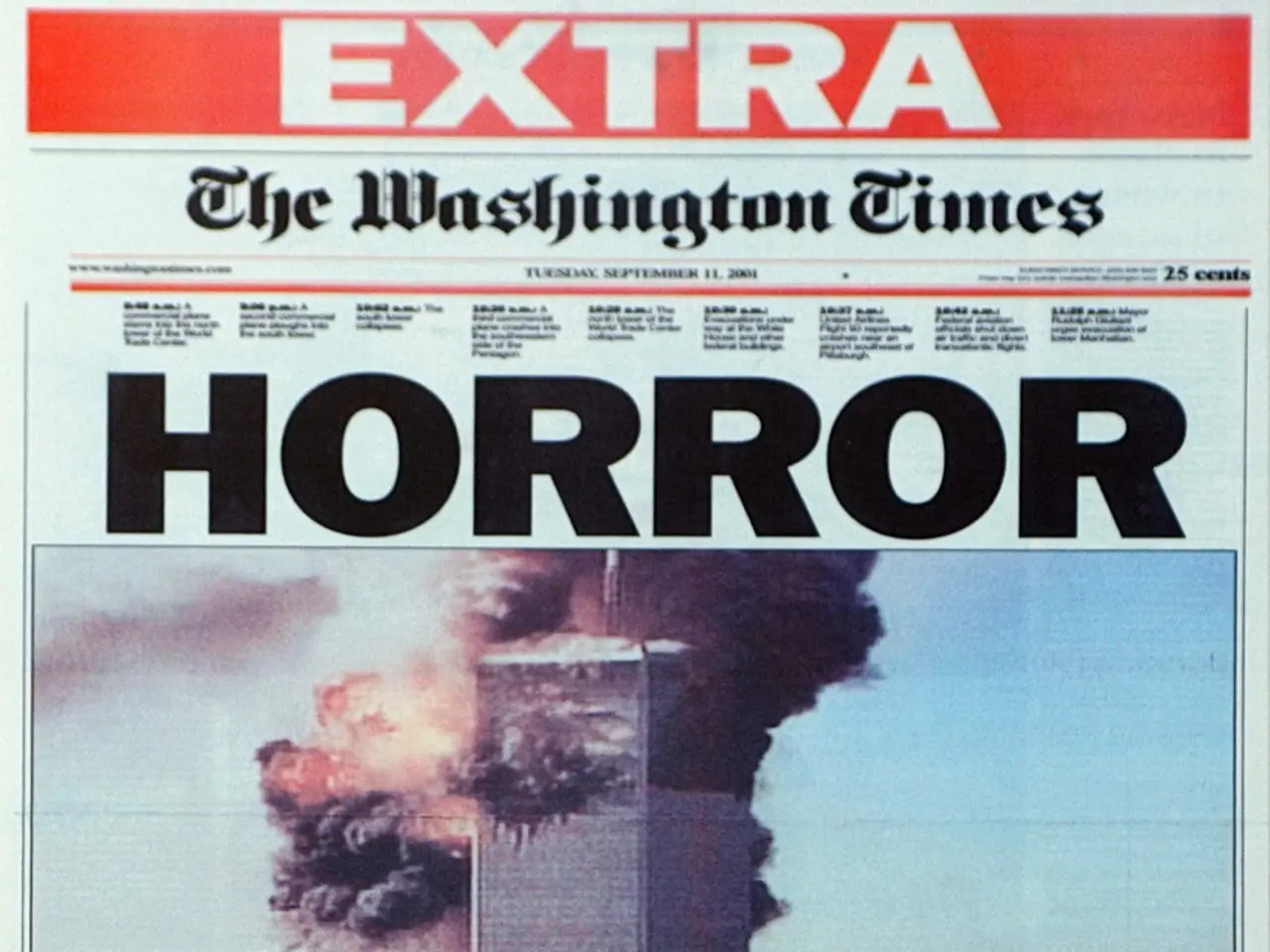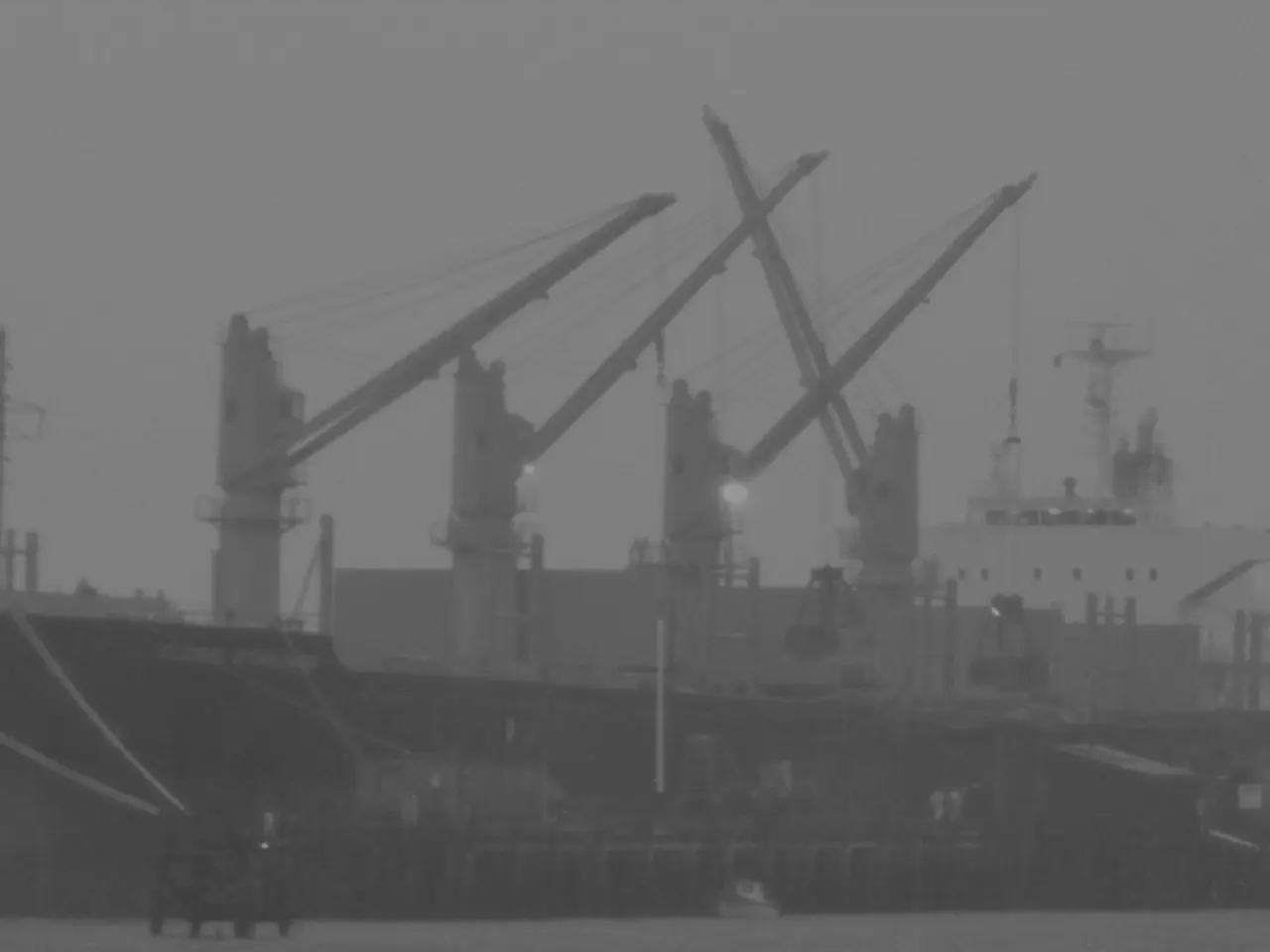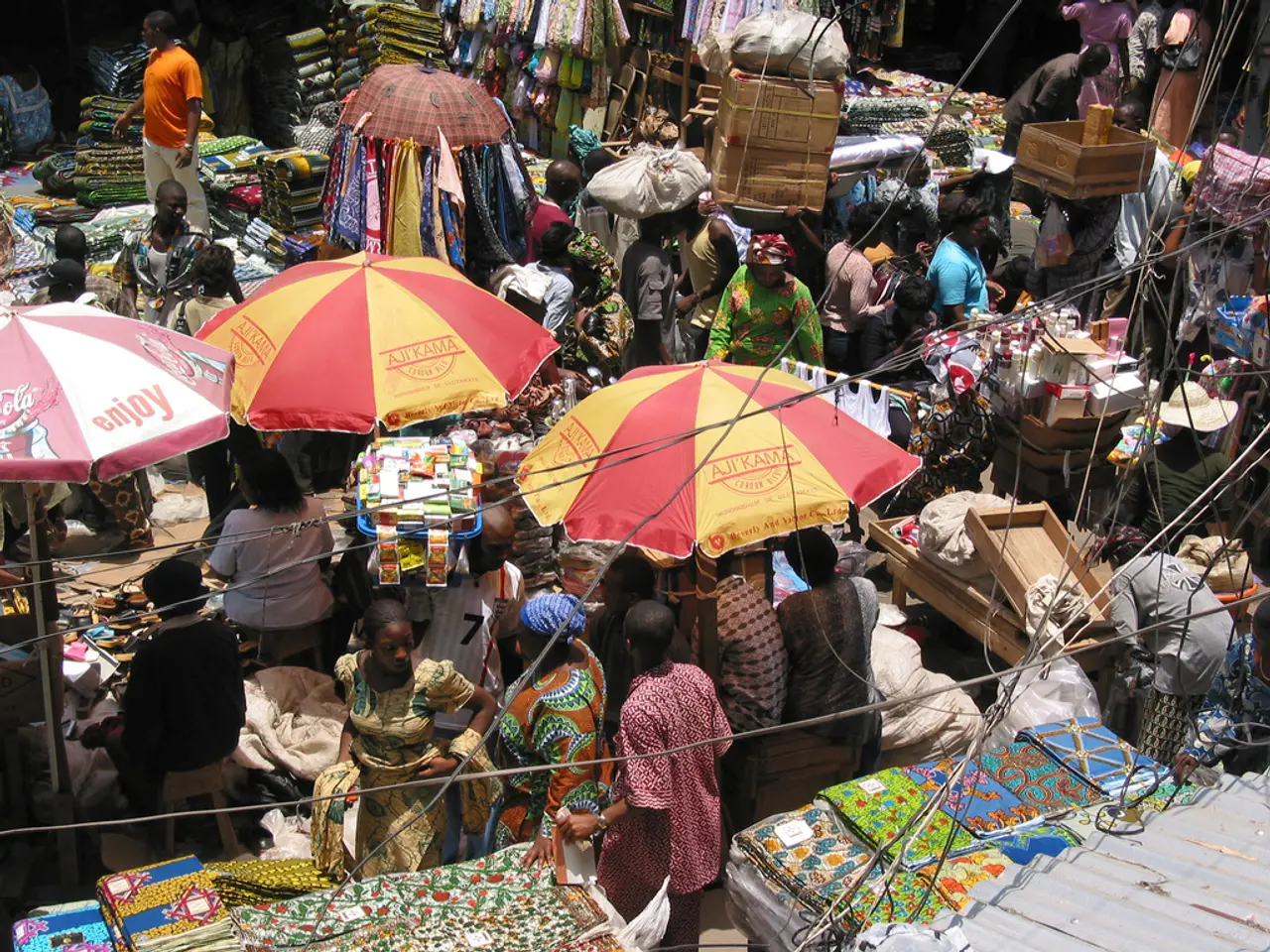EU Remains Neutral Regarding the Ongoing Conflict
In recent times, the world has been witness to numerous conflicts that have claimed countless lives and caused untold suffering. Among these, the ongoing aggression of Russia against Ukraine and the Middle East conflict, particularly in Gaza, have been receiving significant attention. However, the same cannot be said for many conflicts in Africa, which often remain overlooked or underreported.
The focus on the Gaza conflict is influenced by several factors. The intense global media coverage, driven by the conflict's geopolitical significance, historical context, and proximity to Western countries, plays a crucial role. Israel's control over journalist access and media narratives, along with the widespread social media engagement—including billions of views and polarized content—further amplifies attention on Gaza.
In contrast, many African conflicts receive less consistent, global media focus and social media engagement, leading to comparatively lower international visibility. The humanitarian crisis in Gaza, with high death tolls, massive infrastructure destruction, and acute starvation, is highly publicized by international organizations like the UN and is widely covered by global news networks. The political dynamics and international diplomatic attention surrounding Israel and Palestine further drive sustained media interest.
Meanwhile, many conflicts in Africa are complex, less covered by major global media outlets, and suffer from what some analysts describe as a "media blind spot" or lower perceived immediacy to Western audiences. This lack of attention, despite significant humanitarian crises, raises concerns about the world's disinterest in these conflicts.
In the Middle East, Hamas is currently fighting for its own survival in the ongoing conflict. The international debate on the conflict is ongoing, and some argue that measures taken are inadvertently benefiting Hamas. Protests about Russia's aggression against Ukraine, on the other hand, often focus on the high costs of Western rearmament for urgently needed defense capabilities.
The impression that the world looks away from African wars because black is fighting against black could be seen as blatant racism. However, it's essential to understand that the lack of attention is more likely due to the factors mentioned above rather than racial bias. This issue highlights the need for a more balanced approach in global media coverage and a greater commitment to addressing humanitarian crises worldwide.
[1] Media outlets around the world extensively cover the Gaza conflict, often more intensely than African conflicts, partly due to its geopolitical significance, historical context, and proximity to Western countries. (Source: Unspecified) [3] The international debate on the Middle East conflict is condemning the famine in Gaza. (Source: Unspecified) [4] The disproportionate focus on the conflict in Gaza compared to many conflicts in Africa is influenced by multiple factors including intense global media coverage, geopolitical interests, and the role of social media platforms. (Source: Unspecified)
What factors contribute to the intense global media coverage and high international visibility of the Gaza conflict compared to many African conflicts? The disproportionate focus on the conflict in Gaza is influenced by multiple factors, including its geopolitical significance, historical context, proximity to Western countries, and the role of social media platforms. In contrast, many African conflicts receive less consistent, global media focus and suffer from what some analysts describe as a "media blind spot" or lower perceived immediacy to Western audiences, despite significant humanitarian crises.





